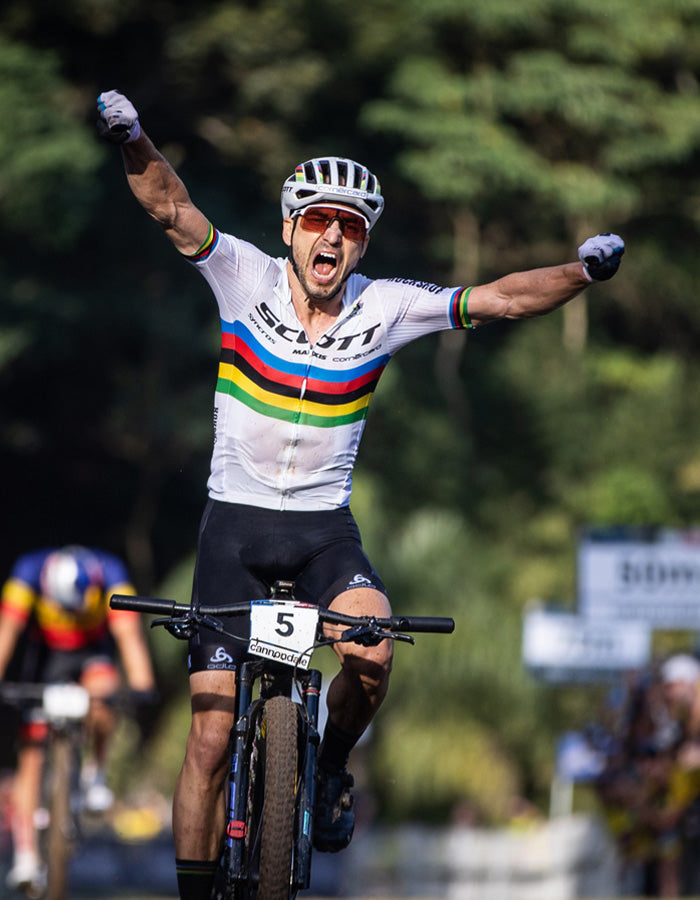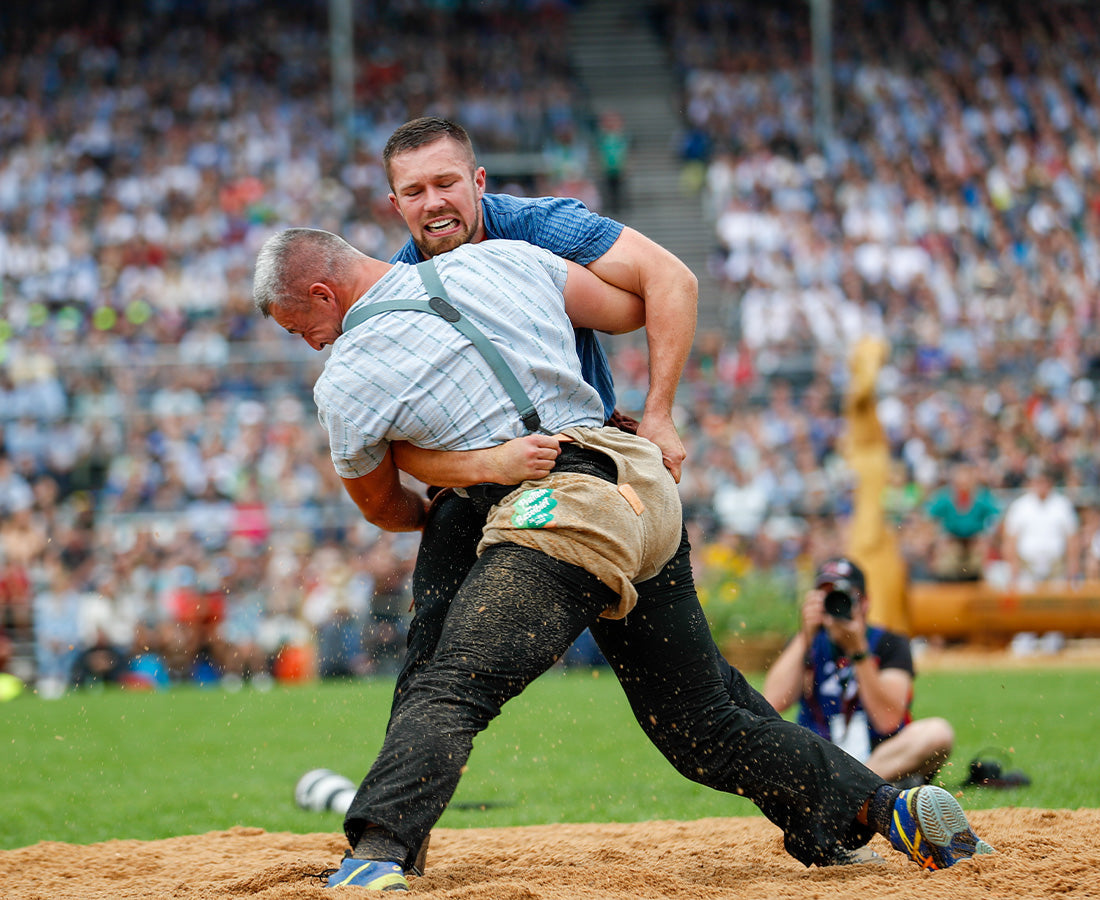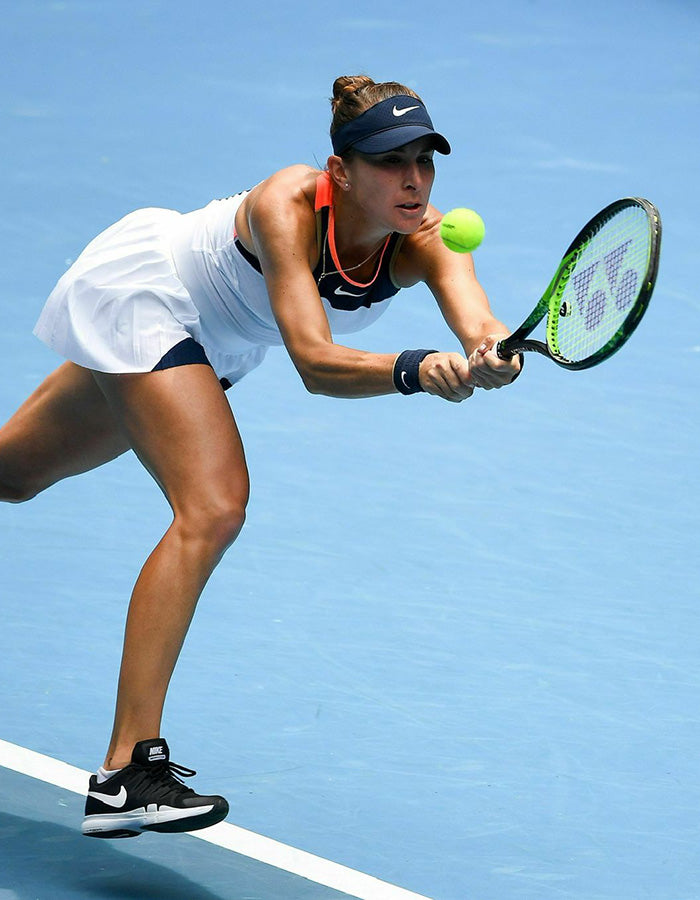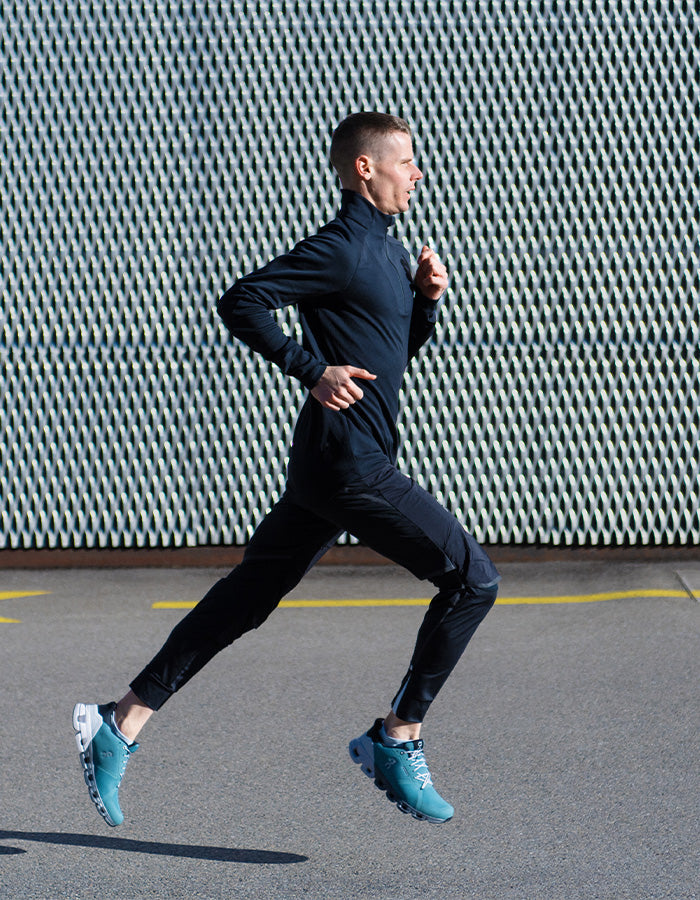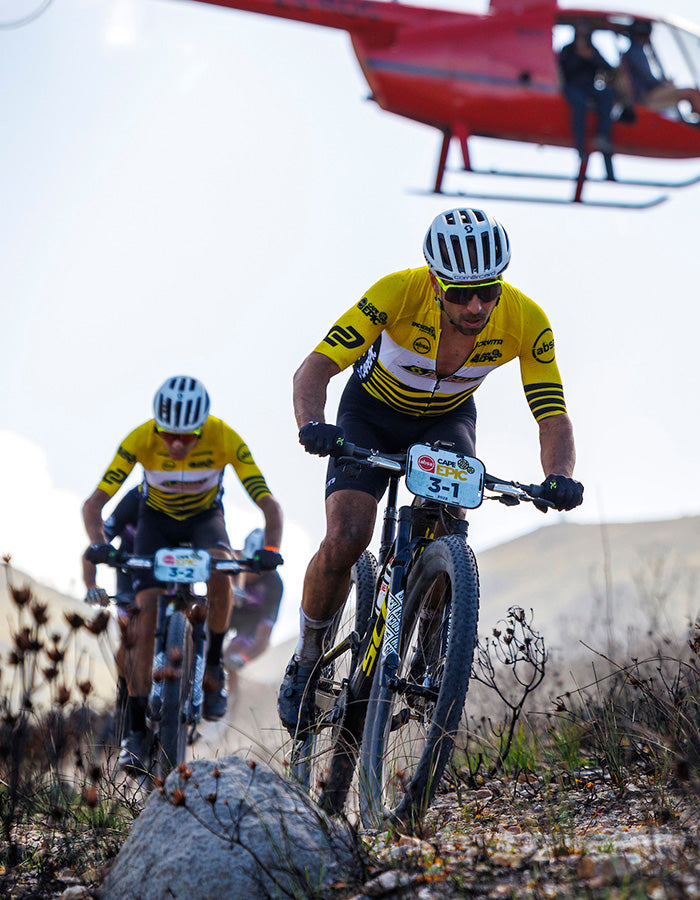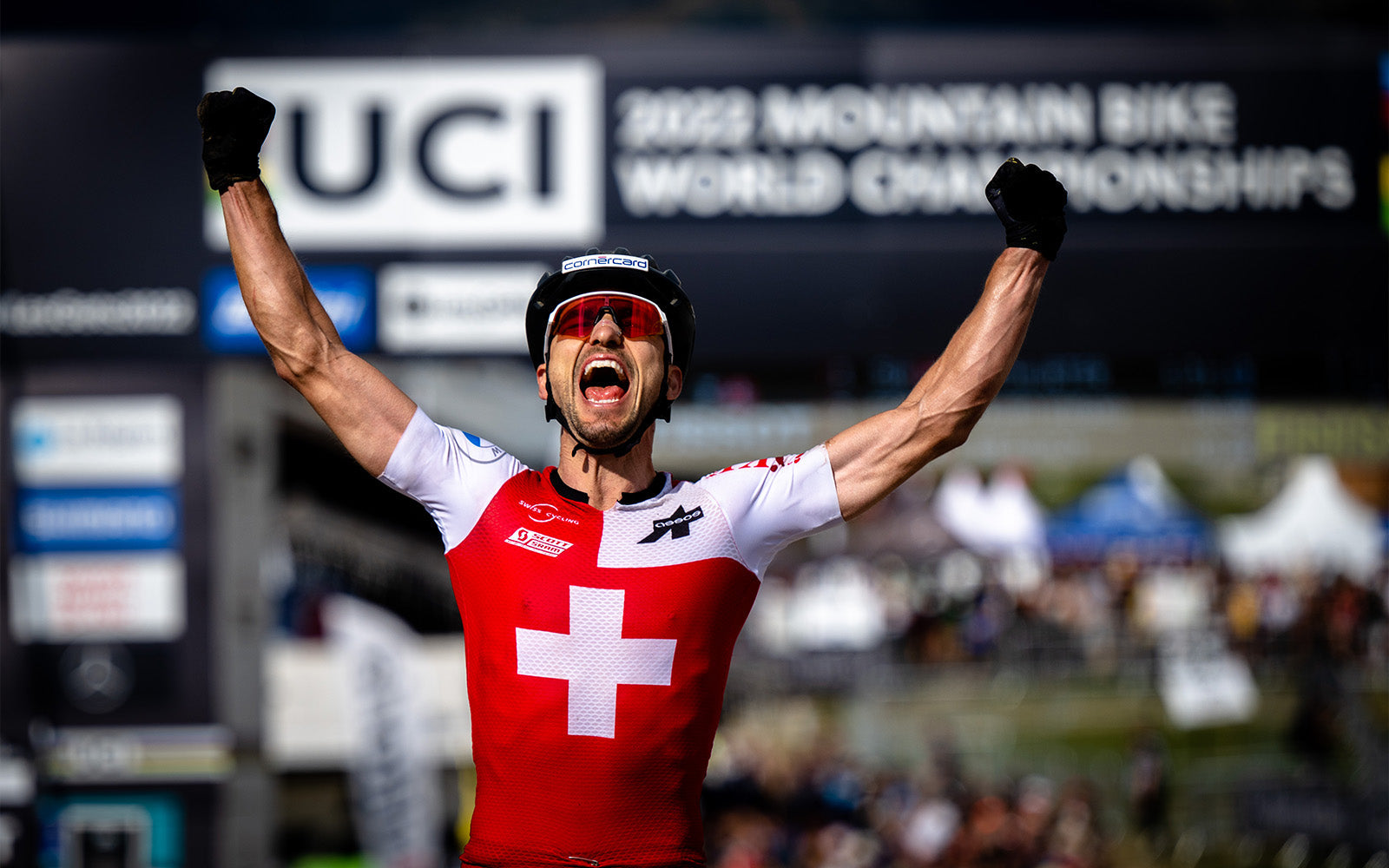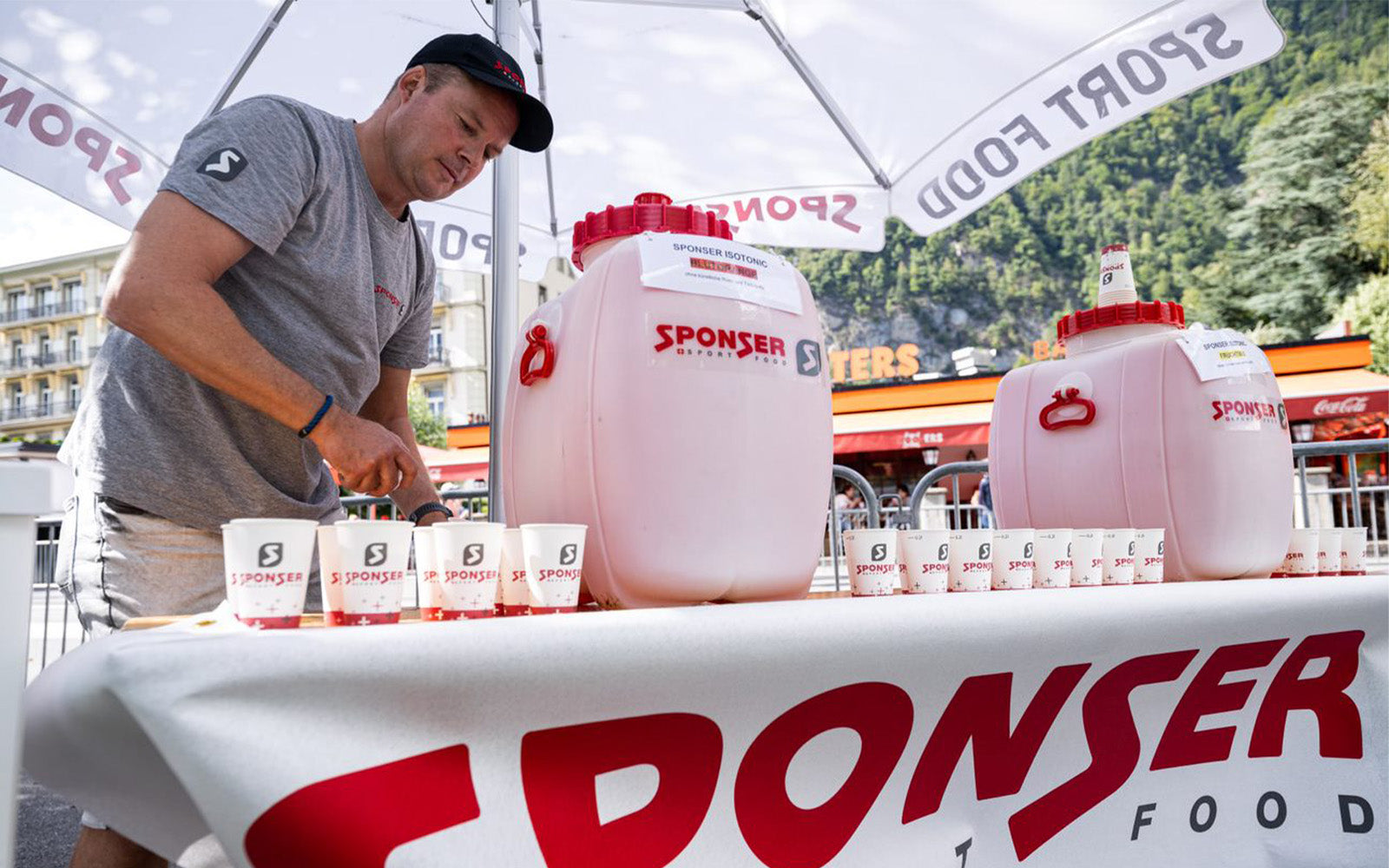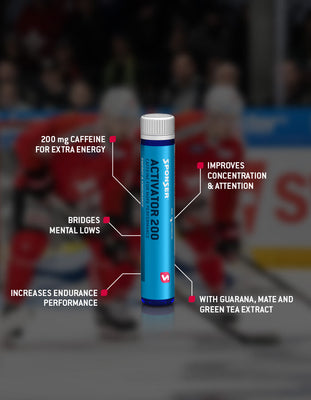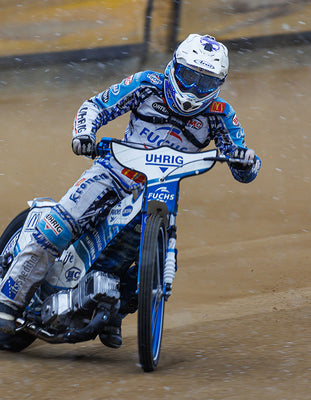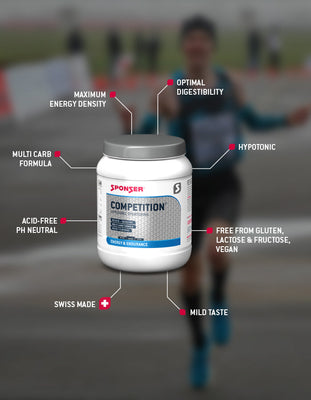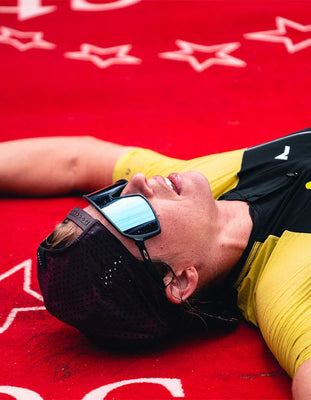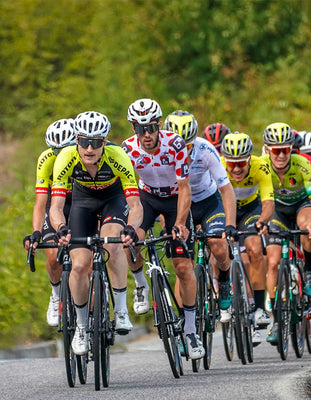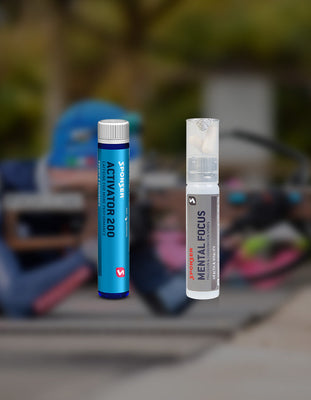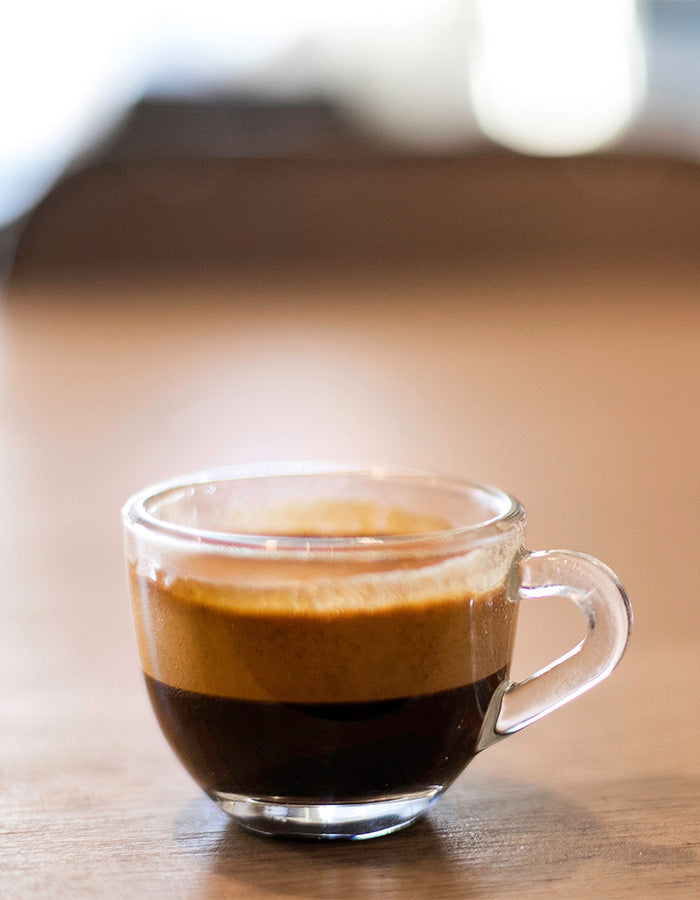
Caffeine intake before and during performance proves ergogenic
Various studies have shown that caffeine promotes performance in endurance sports. It is generally recommended to take up to 200 mg of caffeine about one hour before the desired effect, e.g. the race start. Like this the highest caffeine concentration in the blood is reached at the right moment. Furthermore, a study with trained cyclists and triathletes showed that caffeine is also clearly ergogenic when taken during endurance performance, if a dose of 100 mg or better 200 mg of caffeine is taken about 40 minutes before a targeted peak performance. (1)
Caffeine wash-out before competition: unnecessary and unfounded
Based on previous studies, many training guides advise coffee drinkers to wash out before the endurance competition. This means that in the four to five days before competition, caffeine-containing drinks and food are deliberately avoided in order to feel an increased effect of caffeine intake during the following competition. Recent findings, however, suggest that this theory could be a myth, as sports nutritionist Asker Jeukendrup points out in his article «Do you need to refrain from coffee to get the maximal effect of caffeine?» He refers to various studies in which the authors demonstrate that:
•all athletes benefit from taking caffeine before competition, regardless of whether they never drink, drink moderately or drink a lot of coffee in everyday life;
•no performance differences were observed after undertaking a pre-competition caffeine wash-out;
•a wash-out exposes athletes to unnecessary withdrawal symptoms;
•you can maintain your usual consumption of caffeine before a competition, while still benefiting from the positive effects of caffeine.
These findings have been confirmed in a recent review, where also specific recommendations for and dosage and timing are given. (2) For example, caffeine habituation can be countered with higher dosage, however, timing and individual genetic differences must also be taken into account.
Related articles
on
» caffeine
Literature
1)
Talanian/Spriet (2016): Low and moderate doses of caffeine late in exercise improve performance in trained cyclists. Appl Physiol Nutr Metab. 2016 Aug;41(8):850-5.
2)
Pickering/Kiely (2019): What should we do about habitual caffeine use in athletes? Sports Med. 2019 Jun;49(6):833-842.
Author: Remo Jutzeler
Head R&D SPONSER SPORT FOOD
Ing. Applied Food Sciences UAS
MAS Nutrition & Health ETHZ

